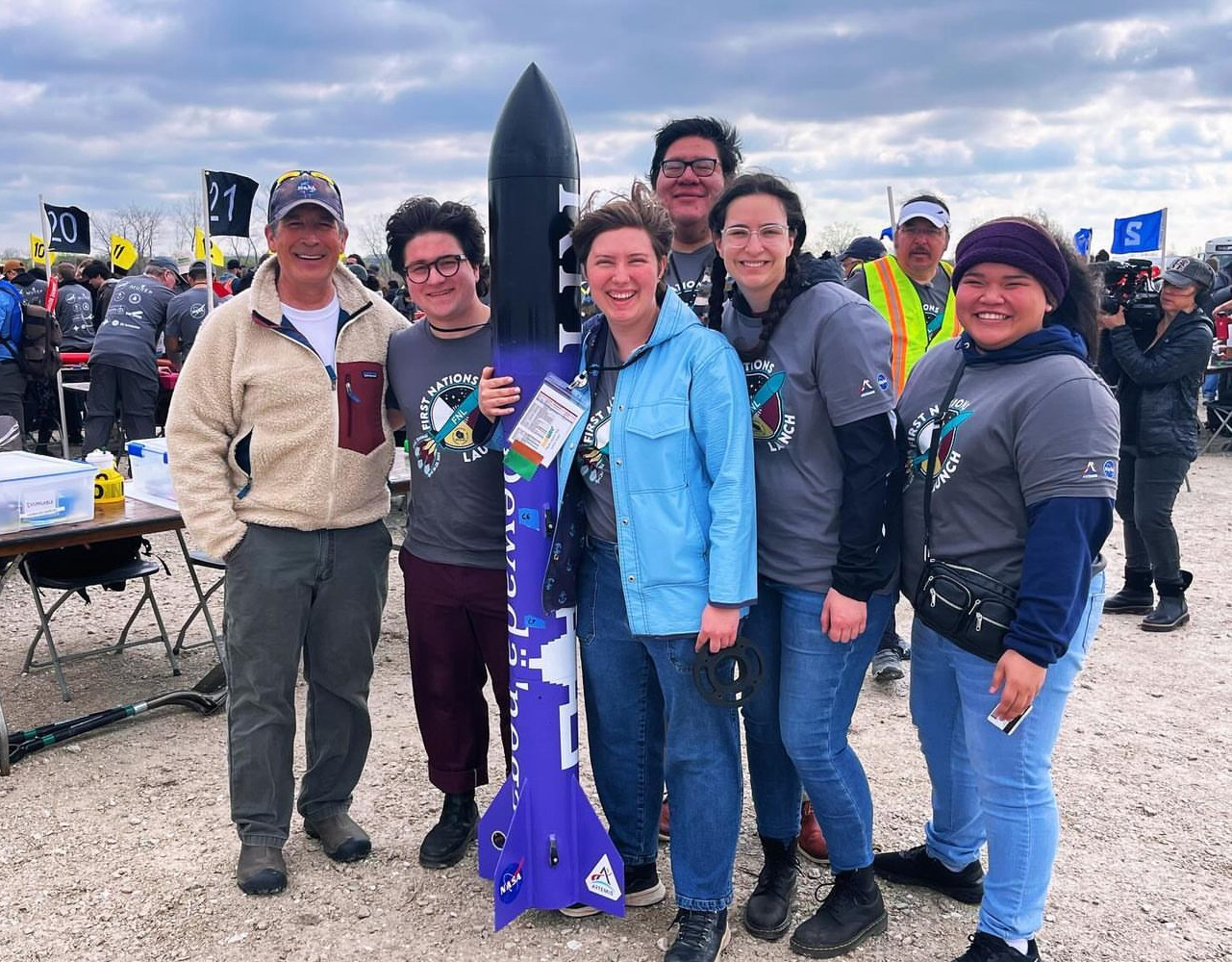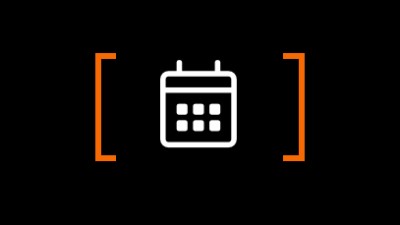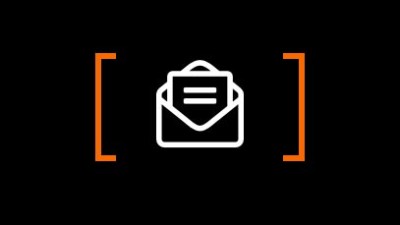Students on the Move | October 2024
- RIT /
- Diversity and Inclusion /
- Newsletters /
- October 2024 /
- Students on the Move

Congratulations to the new members of Women of Color, Honor and Ambition (WOCHA) and Men of Color, Honor and Ambition (MOCHA) cohorts. These one-year leadership programs for students include monthly workshops with personal, cultural, academic, social, and professional themes.
The 15 members in WOCHA Cohort 8 are: D'Asia Johnson, applied mathematics, Onvida Serixay, computer engineering technology, Buyi OwoOdusi, biomedical sciences, Marlynn Dorielan, electrical engineering technology, Ciamar Reyes, biomedical engineering, Sernity Brown, electrical engineering, Danielle Jones-diagnostic medical sonography, Jenilimar Gonzalez, finance, Kyra Stockwell, American Sign Language Interpretation, Jessie Shelton, management information systems, Michelle Arevalo, new media design, Silvia Hernandez-Monroy, chemical engineering, Azaliah Ilodianya, electrical engineering and computer science, Sarah Hong, nutritional sciences and Ka'Mira Weston, political science.
The 20 members of MOCHA Cohort 11 are: Bishop Oparaugo, software engineering; Tobi Fadipe, psychology, James Williams, game design and development, Nana Sarpong, new media interactive design; Keyon Vassell, computer engineering technology; Edwil Philippe, electrical engineering technology; Emmanuel Boakye, web & mobile computing; Oscar Perez, software engineering; James Frias, software engineering; Jaime Offeiokyne, software engineering; Ruben Ahiamadi, biomedical science; Bertan Berker, computer science; Aneesh Bukya , computer science; Nicholas Price, electrical engineering; Juan Jose Hernandez-Guerrer BFA photography; Alex Cortez Ortiz, new media design; Lenin Presina ,electrical engineering ; Alijah Hedley, humanities, computing and design; Diego Martinez, game design and development and Daniel Funes, industrial engineering.
The new cohorts got a chance to meet and talk with WOCHA and MOCHA alum and mentors last month at the annual program kickoff held September 22nd.

Julia Coley is a second-year student majoring in medical illustration. This course of study includes classes in human biology, anatomy and physiology and of course art and design. But Coley, of Bowie, Maryland may want to consider a few entrepreneurship classes too. Coley created a website over the summer to showcase her “other” artwork.” She makes all sorts of creative pieces including stickers, pins and keychains, much of it with a focus on the Black experience. Check it out here.
The Native American Future Stewards Program is off to a fast start this academic year! Funding is in place for ten students to attend the 2024 AISES National Conference in San Antonio, Texas October 3rd through the 5th. The theme this year is “RIvers of Resilience: Sustaining Indigenous Innovation.” Sherry Sneezer is presenting her research on Tribal Energy Sovereignty, and FSP alumna Abigail Reigner joins the group, representing NASA to recruit Indigenous scientists and engineers and Maddie Tlachac is attending to explore partnerships in her environmental impact work.
 The Future Stewards Program will be sending a team to Wisconsin in April for the First Nations High Power Rocket Launch design competition sponsored by NASA’s Wisconsin Space Grant Consortium. The challenge this year is called the “Moon Challenge.” Students will be designing and constructing a dual deploy rocket that will air deploy a lander with retractable legs, launching to an altitude of 2,000 ft AGL. This year’s team members are Ethan Tsosie (Navajo, Physics ‘28), Nathaniel Kilbridge (Q’eqchi Maya, Psychology ‘27), Kaualani Ceberano (Native Hawaiian, Motion Picture Science ‘26), Ansley Hill (Mohawk, Chemical Engineering ‘28), and Aston Davison (Pima, Chemical Engineering ‘28).
The Future Stewards Program will be sending a team to Wisconsin in April for the First Nations High Power Rocket Launch design competition sponsored by NASA’s Wisconsin Space Grant Consortium. The challenge this year is called the “Moon Challenge.” Students will be designing and constructing a dual deploy rocket that will air deploy a lander with retractable legs, launching to an altitude of 2,000 ft AGL. This year’s team members are Ethan Tsosie (Navajo, Physics ‘28), Nathaniel Kilbridge (Q’eqchi Maya, Psychology ‘27), Kaualani Ceberano (Native Hawaiian, Motion Picture Science ‘26), Ansley Hill (Mohawk, Chemical Engineering ‘28), and Aston Davison (Pima, Chemical Engineering ‘28).
We also want to give a well-deserved round of applause to the six students who represented RIT in this competition this past April. Nathaniel Kilbridge, Caitlyn Peck, Abigail Reigner, Justin Tebbutt, Kaualani Ceberano, and Mike Elrod built a rocket with a payload drone that had to reach an altitude of 2,500 feet before hitting a landing zone. Looking back at the experience, Director Kendall Scott says,” While we didn’t win, it was a rewarding experience, especially meeting John Harrington, the first Native American astronaut.” The Future Stewards Program also helped sponsor the 2nd annual Hodínöhsö:nih language conference at Ganondagan this summer. Over 130 guests from the Six Nations in the U.S. and Canada, as well as a group from Michigan came together to celebrate and preserve Indigenous languages.



